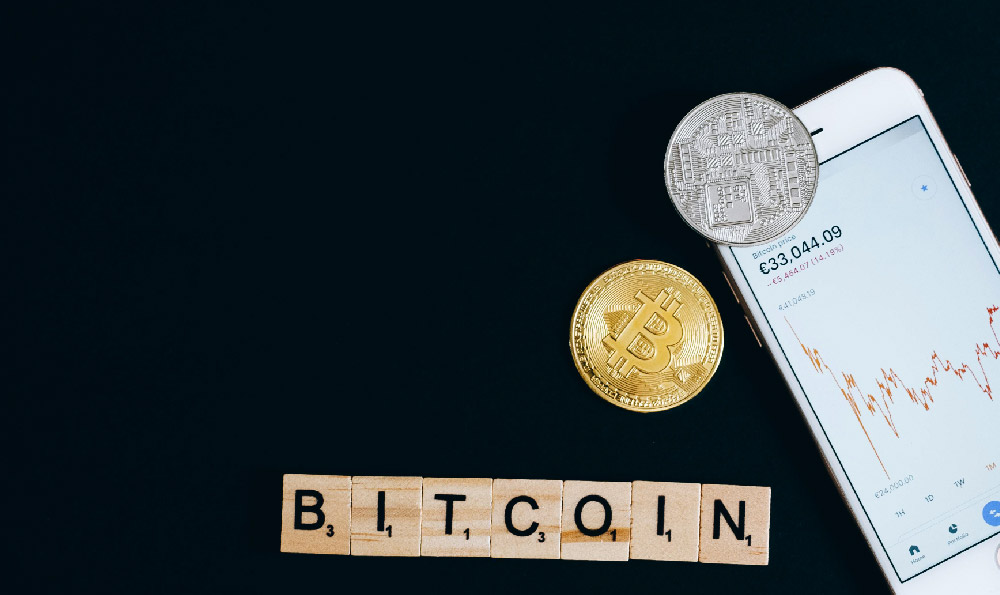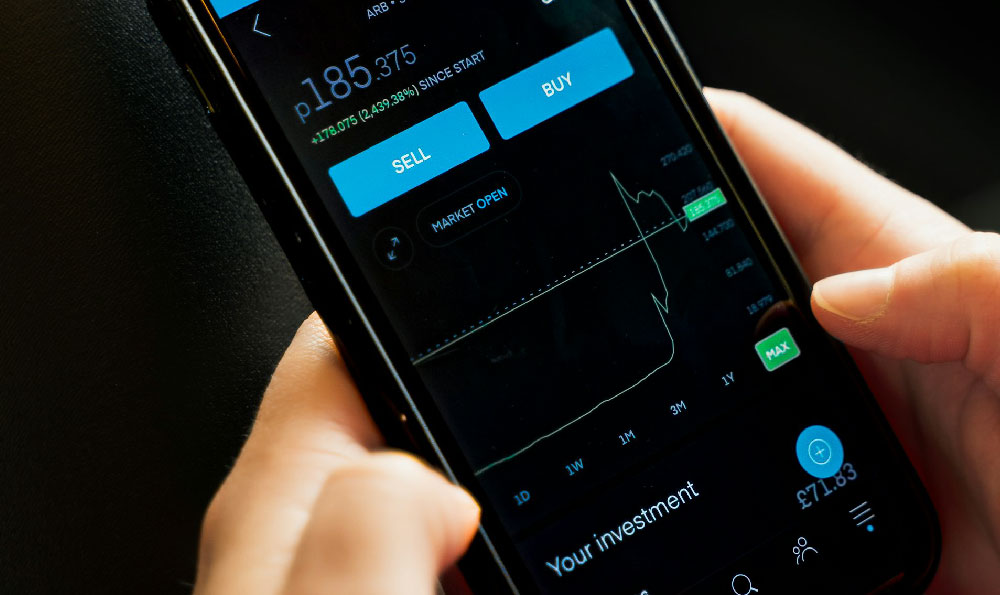Is Bitstamp Legal? Can I Use Bitstamp in the US? - A Comprehensive Guide
Bitstamp, one of the oldest and most respected cryptocurrency exchanges in the world, has been operating since 2011. Given the evolving regulatory landscape surrounding digital assets, it's natural to wonder about its legality and accessibility, particularly in the United States. This article delves into the legal standing of Bitstamp, its availability for US residents, and important considerations before using the platform.
Bitstamp's Global Legal Compliance

Bitstamp operates under a robust regulatory framework. Headquartered in Luxembourg, it's subject to European Union (EU) regulations, which are generally considered among the more stringent in the world. This includes compliance with anti-money laundering (AML) and know-your-customer (KYC) requirements. Bitstamp has also obtained licenses and registrations in various jurisdictions to ensure it operates legally within those regions.
The exchange actively works with regulators to remain compliant as laws surrounding cryptocurrencies evolve. This commitment to compliance is a significant factor contributing to Bitstamp's reputation as a trustworthy exchange. The proactive approach to legal matters provides a level of security for its users.
Bitstamp in the United States: Availability and Restrictions
Yes, Bitstamp is available to users in the United States. However, it's crucial to understand that the availability and functionality of specific features might vary depending on your state of residence. Regulatory landscapes for cryptocurrency businesses are developing at different speeds across the United States.
Bitstamp is registered with the Financial Crimes Enforcement Network (FinCEN) as a Money Services Business (MSB). This registration is a necessary step for cryptocurrency exchanges operating in the US and demonstrates a commitment to preventing illicit activities. Despite this registration, the exchange might still face limitations due to specific state laws.
Therefore, it's always recommended that users carefully review Bitstamp's terms of service and any specific disclaimers pertaining to their state before creating an account or engaging in trading. They should also consult legal or financial experts for more detailed legal advice.
Key Considerations Before Using Bitstamp in the US
While Bitstamp is legally available in the US, potential users should consider a few key factors:
-
KYC Verification: Bitstamp, like all regulated exchanges, requires users to complete a KYC verification process. This typically involves providing personal information such as your name, address, date of birth, and a government-issued ID. This is a standard practice designed to prevent money laundering and other illegal activities. Failure to complete KYC verification will restrict access to trading and other platform features.
-
State-Specific Regulations: As mentioned earlier, cryptocurrency regulations can vary significantly from state to state in the US. Certain states may have stricter rules or require additional licenses for cryptocurrency exchanges to operate. Therefore, it's essential to research the specific laws and regulations in your state before using Bitstamp.
-
Tax Implications: Cryptocurrency trading is subject to taxes in the US. The IRS considers cryptocurrencies as property, and any gains or losses from trading are generally treated as capital gains or losses. It is important to keep accurate records of all your transactions and consult with a tax professional to ensure you are complying with all applicable tax laws.
-
Security Measures: Bitstamp implements a variety of security measures to protect user funds and data. These include two-factor authentication (2FA), cold storage of digital assets, and regular security audits. However, it's crucial to remember that no exchange is completely immune to security breaches. Always enable 2FA, use a strong password, and be wary of phishing attempts.
-
Trading Fees and Withdrawal Limits: Familiarize yourself with Bitstamp's trading fees and withdrawal limits before using the platform. Fees can vary depending on the trading volume and the specific cryptocurrency being traded. Withdrawal limits may also apply, depending on your account verification level.
Alternatives to Bitstamp
While Bitstamp is a reputable exchange, other alternatives are available for US residents. These include Coinbase, Kraken, Binance.US, and Gemini. Each exchange has its own strengths and weaknesses, so it's essential to compare them carefully before choosing one that meets your needs. Factors to consider include fees, security measures, available cryptocurrencies, and user interface.
Conclusion: A Legitimate Option with Due Diligence Required
Bitstamp is a legally operating cryptocurrency exchange available in the United States. It maintains a commitment to regulatory compliance. However, it's essential for US residents to understand the specific regulations in their state, complete the necessary KYC verification, and be aware of the tax implications and security risks associated with cryptocurrency trading. By conducting thorough research and exercising caution, US users can leverage Bitstamp to participate in the cryptocurrency market responsibly. Remember to always do your own research (DYOR) before investing in any cryptocurrency.












